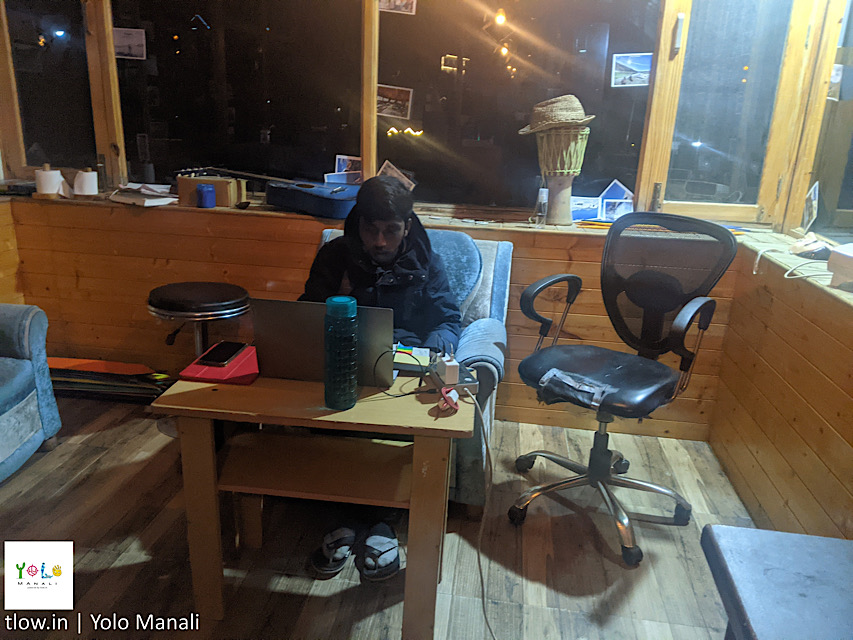
Basic 10 travel company Mistakes to Avoid while starting
Starting a travel company is easier said then done. Travel is one of the only few products in the world which requires the end user to invest time and money and will only be able to guage the product after they have completed their holiday and are back home. To sit and evaluate the entire journey. Mistakes while setting up a travel company are unlimited but we have listed ten points which are vital to keep in mind while starting a travel company.
However, here are some common mistakes to avoid while starting a travel company:
Table of Contents
1. Not doing enough research:

You must do a thorough market research before starting a travel company. Understand your target customers, competitor landscape, preferred travel destinations, and current market trends. It is crucial to thoroughly research the target market, competition, and demand before starting a travel company. Failing to understand the needs and preferences of potential customers can lead to a flawed business model.
2. Ignoring legal requirements for your company

Running a travel company requires meeting legal requirements, such as acquiring proper permits, licenses, and insurance. Make sure you understand all the legal procedures and fulfill them before launching your business. Starting a travel company requires significant investment, including licenses, permits, office space, marketing, and employee salaries. Not adequately planning and budgeting for these costs can lead to financial problems and failure.
3. Underestimating financial needs:

Travel business requires a lot of initial investment. Make sure you have estimated the cost of running and marketing your business, and have enough funds to sustain your travel company for at least a year. It is essential to have a strong understanding of the travel industry, including current trends, regulations, and best practices. Lack of industry knowledge can result in poor decision-making and inability to compete effectively.
4. Failing to differentiate your brand:

The travel industry is highly competitive, and creating a unique brand identity is crucial for your success. Do not make the mistake of copying the branding or marketing strategies used by your competitors. Instead, focus on what makes your travel company unique and find ways to differentiate your brand. Running a travel company involves managing various aspects such as booking accommodations, transportation, creating itineraries, handling customer inquiries, and ensuring a seamless travel experience. Underestimating the operational complexities can lead to overwhelmed staff and dissatisfied customers.
5. Lack of online presence:

The majority of travellers start their travel research online, so it is important to have an online presence. Make sure you have a user-friendly website, active social media pages, and are listed in major online travel directories. A solid marketing strategy is crucial for attracting customers and establishing a strong brand presence. Neglecting marketing efforts or relying solely on word-of-mouth can limit the company’s growth potential.
6. Not having a niche or target market:

Travel companies that cater to a specific niche or target market are more successful than those that provide general travel services. Focus on what sets you apart and cater to a specific niche. Providing excellent customer service is vital in the travel industry, where customer satisfaction plays a significant role in business success. Ignoring or neglecting customer service can result in negative reviews and a damaged reputation.
7. Poor customer service:

Providing excellent customer service is essential for a successful travel company. Be proactive in providing prompt and professional responses to customer queries and complaints. In a crowded travel market, it is crucial to have a unique selling proposition that differentiates the company from competitors. Failing to offer something unique or failing to effectively communicate the company’s unique value can make it challenging to attract customers.
8. Not keeping up with technology:

Technology is critical to managing a travel company. Ignoring technology advancements can hurt your business, and can lead to losing customers to your tech-savvy competitors. The travel industry is rapidly evolving, driven by technological advancements. Ignoring or failing to adapt to these changes can result in a company falling behind the competition and losing customers.
9. Relying too much on discounts and promos:

While offering discounts and promotions can attract customers, relying too much on these strategies can hamper sustaining your business. Instead, focus on providing value-added services to your customers. Setting pricing too high or too low can negatively impact the company’s profitability. It is essential to conduct market research and consider factors such as competition, target market, and operating costs when determining pricing.
10. Lack of flexibility:

Travel companies must be flexible in adapting to the ever-changing industry demands. Do not make the mistake of holding onto outdated business models and processes. Embrace changes and explore innovative ways to improve your services and operations. A well-managed and efficiently led company is more likely to succeed. Lack of effective management and leadership can lead to disorganised operations, employee turnover, and overall business instability.











